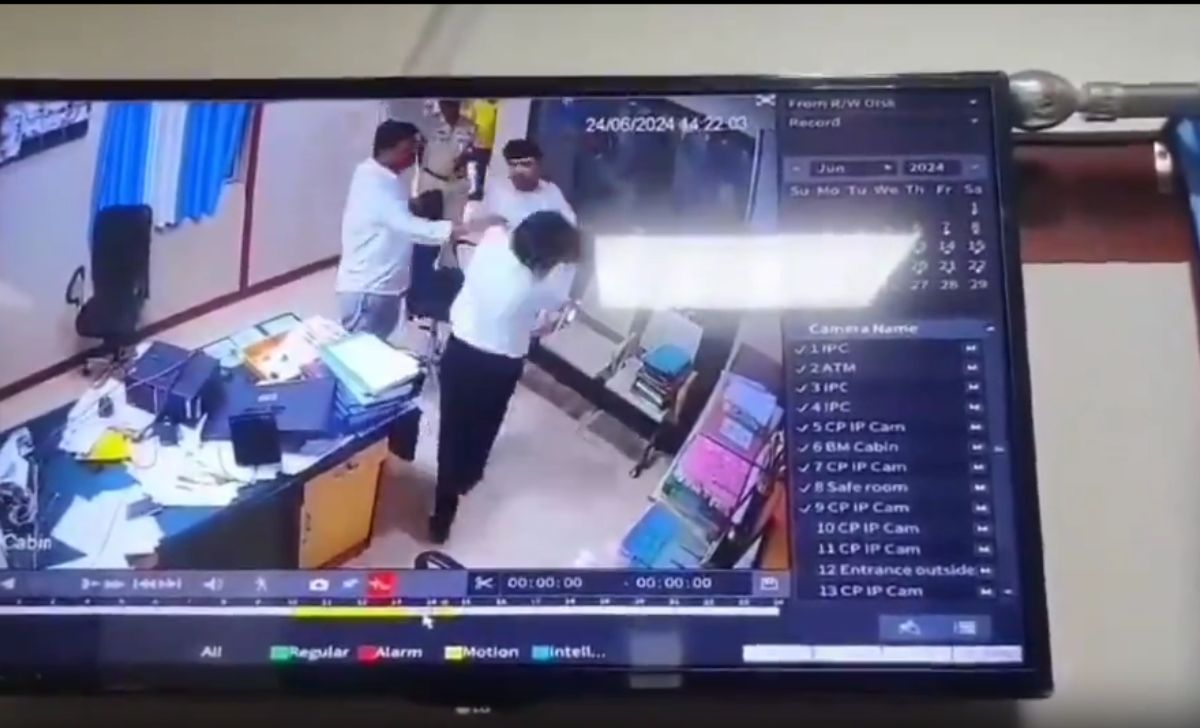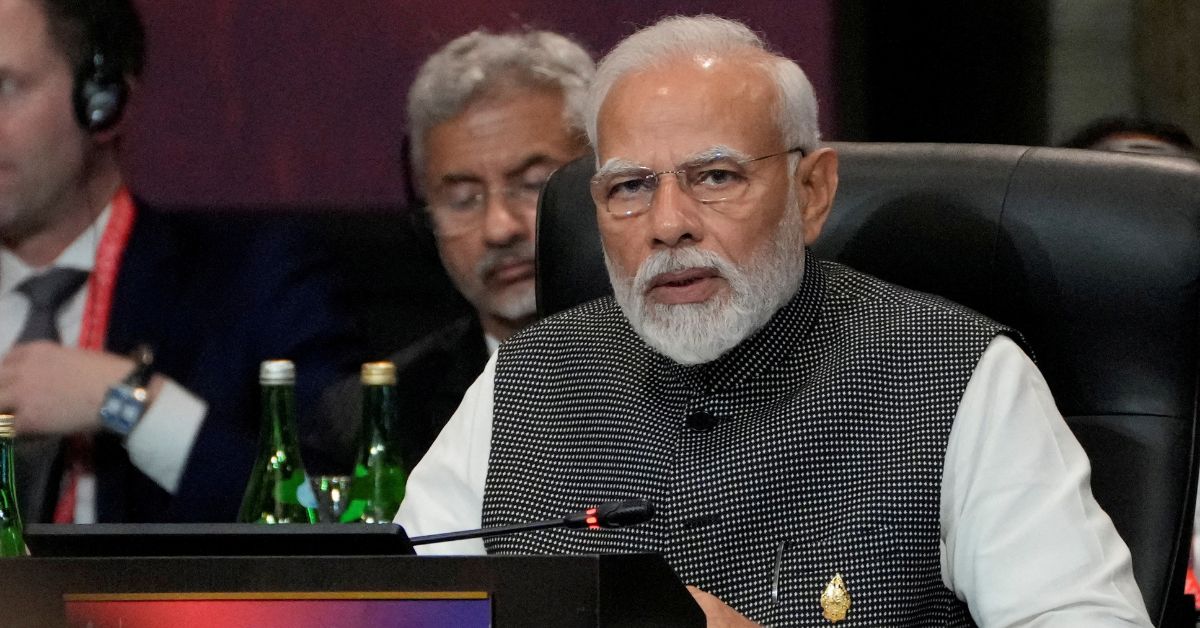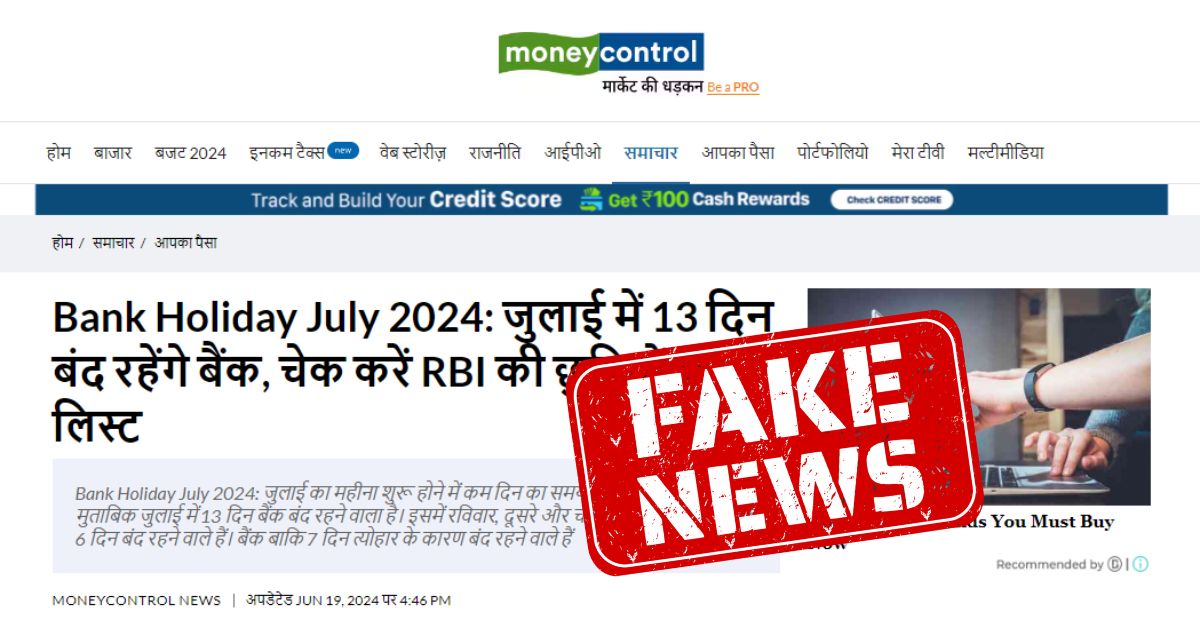In a landmark decision, the Kerala High Court ruled in favor of Sujith T.V., an employee who faced disciplinary action for posts made in a private WhatsApp group.
Sujith, aged 34, was accused by his employer of spreading information that portrayed the company’s environment as unsafe and of unauthorized entry into a restricted section. Despite his apology, the employer issued a warning without conducting a formal inquiry, which Sujith challenged in court.
Key Points
- Charges and Actions:
- Sujith was charged with making objectionable posts in a private WhatsApp group and unauthorized entry into a restricted area.
- The company issued a warning to Sujith without a formal inquiry, based on his apology.
- Legal Contentions:
- Sujith argued that the posts did not contain derogatory statements but were concerns about safety.
- He claimed that the disciplinary action violated his fundamental right to freedom of speech under Article 19(1)(a) of the Indian Constitution.
- Court’s Findings:
- The court found that Sujith’s posts were expressions of concern about safety and did not justify the charges.
- It ruled that the lack of a formal inquiry was unjustified for the first charge, but not for the second, as Sujith admitted unauthorized entry.
- The court upheld Sujith’s freedom of speech, noting that his posts did not warrant disciplinary action.
Also See: Bank of Baroda MD & CEO Summoned by Labour Commissioner
What is the decision by Kerala High Court?
The decision of the Kerala High Court in the case involving Sujith T.V., an employee of Fertilizers and Chemicals of Travancore Ltd., can be summarized as follows:
Charge of Objectionable Posts
The court ruled in favor of Sujith regarding the charge of making objectionable posts in a private WhatsApp group. It found that his posts were expressions of concern about safety and did not justify the disciplinary charges. The court held that this charge violated Sujith’s fundamental right to freedom of speech under Article 19(1)(a) of the Indian Constitution.
Charge of Unauthorized Entry
The court upheld the charge of unauthorized entry into the ammonia handling section. Sujith had admitted to this charge, and the court found that no formal inquiry was necessary for this specific charge.
Disciplinary Action
The court invalidated the first charge related to the WhatsApp posts, affirming Sujith’s right to freedom of speech.The court, however, did not interfere with the punishment of a “WARNING” issued for the unauthorized entry, as this was deemed appropriate given the circumstances and the admission of the charge by Sujith.
Conclusion
In summary, the Kerala High Court ruled in favor of Sujith’s right to freedom of speech but upheld the disciplinary action related to the unauthorized entry. The final decision was to dispose of the writ petition, recognizing the violation of fundamental rights on the first charge while maintaining the punishment on the second charge.
See Judgement Copy






